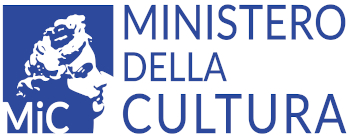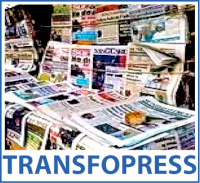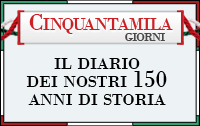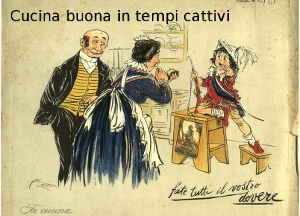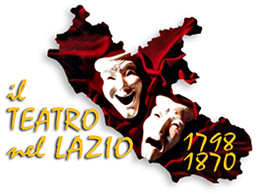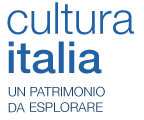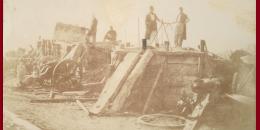Mission
The Library of Modern and Contemporary History is focussed on the maintenance and management of various documents of importance in modern and contemporary history.
The current guidelines specify the range of historical periods as from the sixteenth to the twentieth centuries, with particular regard to the nineteenth and twentieth centuries.
The Library is responsible for collections of sources and documents, tools for research, bibliographic research, foreign publications and specialized periodicals. The Library promotes knowledge of its collections through the use of suitable bibliographic and cataloguing tools and theencouragement of public initiatives.
Its role and responsibilities are defined by the D.P.R. 417 of July 5th 1995 and are reflected in the Library Internal Regulations:
a) to collect and preserve Italian and foreign editorial production according to the specificity of the collections and taking into account the needs of users;
b) to preserve, increase and enhance the historical collections;
c) to documentall items in the collections, providing bibliographic information and ensuring the circulation of documents;
d) to cooperate with other libraries and institutes in order to create an integrated library service.
Through purchases and donations, the library collections are continually growing. In order to make documents accessible to an increasing number of readers, the Library has launched various digitization projects, some in collaboration with external partners (for example with Google Books).
Services
The main user services are:
1- to provide bibliographic information and qualified assistance to users searching for documents (also remotely);
2- to enable online searches and make printed catalogues, also through the integrated management system of ERMES services;
3- to improve the reading and consultation service, through availability of remote booking using the ERMES system;
4- to manage local and national inter-library loans;
5- to organise guided visits for schools, universities and other cultural institutes in order to illustrate the Library's heritage and services;
6- to organise seminars and courses in historical research methodology for high school and university students. This can also be organised in collaboration with other cultural institutions in the area;
7- to organize conferences, presentations, exhibitions, guided visits, round tables, seminars and study days.

